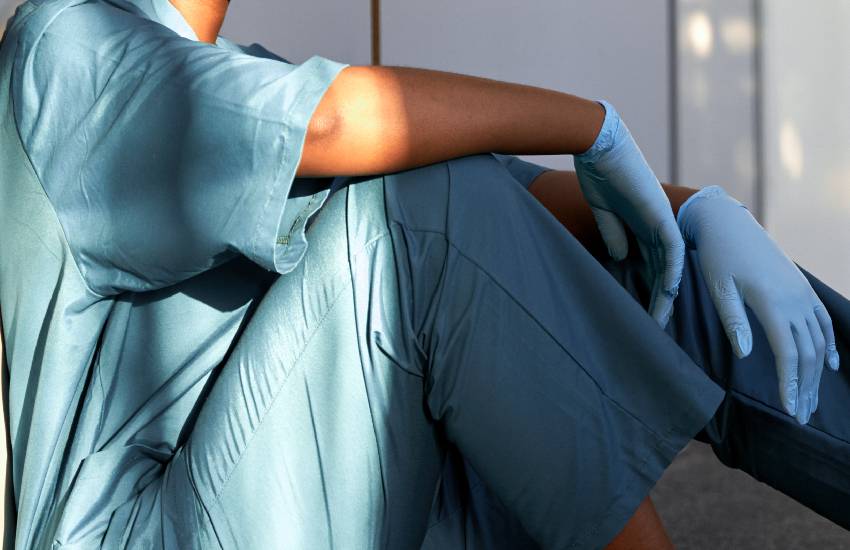×
The Standard e-Paper
Kenya’s Boldest Voice

Healthcare workers fear Kenya might not attain Covid-19 herd immunity due to hesitance in uptake of the vaccine.
The workers' representatives told the Senate Standing Committee on Health that their low uptake of the jab might hamper the nationwide Covid-19 vaccination rollout as acceptability of the vaccine among healthcare employees is only at five per cent.